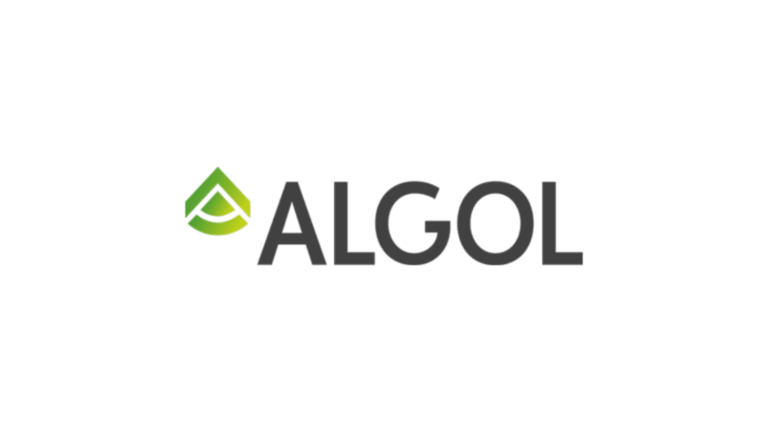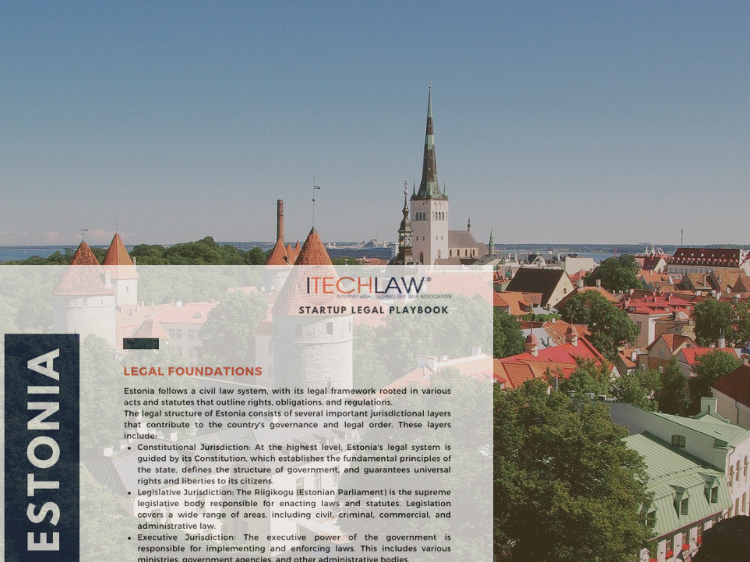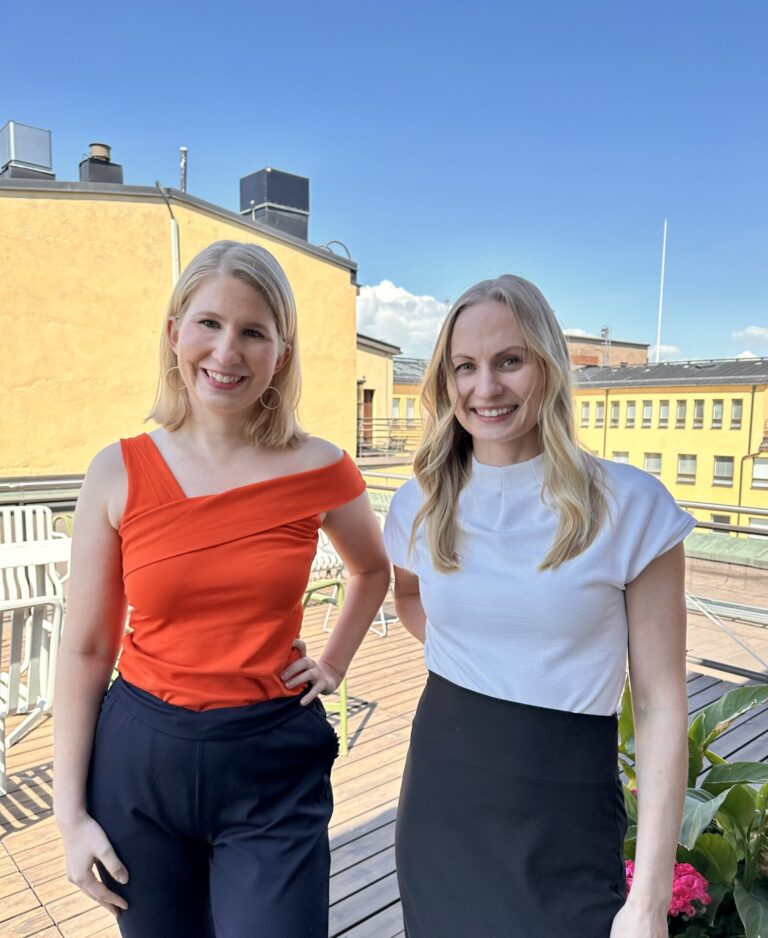
Developing intellectual property rights is often the very core of what a start-up is all about.
Whether it is copyright to works of art or source code/software, creating an invention that can be patented, securing your design rights and/or registering your trademarks and securing your domain names, the strength of the intellectual property right position often is a major value driver for start-ups – or the destroyer of value if things go wrong.
Regrettably, we see too many start-ups that do not master this issue, which then often creates problems in funding and exit discussions.
In this brief we have limited our focus to copyright and software as well as patents and designs.
Without the right legal framework, the basic rule is that the person who develops an intellectual property right owns it, be it the person who creates copyright protected material, creates a design or makes the invention that leads to a patent. It is the developer – not the start-up itself – that owns the rights.
That means that you cannot just sit back, relax and trust that the IP rights created in our business sphere belong to you. To secure this core element something must be done.
The brief is based on Danish law, but the legislative framework across the Nordic and Baltic area is quite similar to what we see in Denmark.
Inventions and patents
Digging into the nitty gritty parts, we will start by looking at the area of inventions and patent protection.
When someone creates an invention that is new this might well be something that can be patented. But only if remains a secret until it is registered. If the invention is somehow made available to the public patent protection becomes impossible. For that reason it is also important to ensure that i.e. confidentiality agreements are in place and that you keep this information at a strictly “need to know” basis.
If an inventor is employed by you, they are by law obliged to notify you as the employer that an invention has been made – and then you can within a period of time require that the rights are assigned to you. If the value of the invention is beyond what could be expected you will need to pay additional compensation, but the rights are anyhow yours.
Many employees are not aware of the notification procedure, so it is a good idea to describe in quite specific terms in the employment contract how the legislation works. And it is also a good idea to have an ongoing conversation about this, as not everyone remembers what is in the contract as time goes by.
However, this legislative framework whereby the start-up has a right to acquire the patentable invention only relate to “real” employees, and as such not automatically to inventions made by anyone engaged by you as a consultant or adhoc worker or if someone works as a volunteer for you.
To complicate matters often start-ups use consultants, adhoc workers and volunteers without entering into a written contract.
For consultants, adhoc workers and volunteers inventions will only become owned by the start-up if a agreement to this effect is made.
In consequence, the only sensible thing for a start-up to do when you use consultants or adhoc workers is to enter into a written agreement that set outs in comprehensive terms that IP rights are assigned to the start-up against the payment agreed. A simple line in an e-mail might well not be sufficient to secure you the rights.
That you need a written agreement also applies to volunteers, but here is it imperative to address the issue of the volunteer having indeed volunteered and agreed not to receive payment (and maybe the reason for this) in very specific terms, otherwise the transfer without payment might well not be upheld.
Copyrights and source code
When someone develops a copyright protected piece of work (text, lyrics, melodies, art, etc) the general concept is that if it is developed inside an employment relationship, the employer automatically acquires the rights This is, however, not an automatic thing stated in a piece of legislation rather a concept developed in court rulings. The devil are in the detail – so again a comprehensive regulation of this matter should be included in the employment contract, to rule out misunderstandings.
For source code Denmark has implemented an EU directive, why section 59 of the Danish Copyright sets out that copyright to IT programs is automatically transferred to the employer.
Again, both for copyright protected works and source code if a start-up uses paid consultants or adhoc workers you are not inside an “employment framework” and the suggestion is to enter into a written agreement that set outs in comprehensive terms that IP rights are assigned to the start-up against the payment agreed applies also here.
For volunteers, the same as written above applies here again.
Designs
Design protection sometimes overlap with copyright, but to the opposite of copyright is a right that may be registered. To be eligible for registration a design must be new and of an individual nature. This means that the design cannot have been published before registration is applied for and must be distinct form other designs.
If a design is developed within an employment relationship the situation with copyright protected works is mirrored and normally the design rights will belong to the employer. However, similar to copyrights, this is not a concept set in stone. For consultants, adhoc workers and volunteers again the principle is reversed, and the rights originate with the designer.
In consequence, the advice also for design rights – whether relating to employees, consultants, adhoc workers and volunteers – remains to enter into a written agreement that set outs in comprehensive terms that IP rights are assigned to the start-up against the payment agreed (or for volunteers the fact that it is a voluntary unpaid service).
To sum up:
- Ownership to IP rights is a major value driver for all start-ups based on such rights. And can be the difference in being a success or not.
- Make sure that you know how IP rights created by employees, adhoc staff, consultants and volunteers become your assets, rather than such rights sitting outside the company.
- For “true” employees often the law or legal practice provides for IP rights belonging to the employer, however, it remains important to reflect the automatic transfer of IP rights to the employer in the written employment contract.
- For consultants and other adhoc staff the situation is reversed, and absent a clear and concise agreement IP rights originate outside the company.
- For volunteers an agreement is also an absolute must, including to reflect therein that IP rights are transferred even if no payment is due.
For any questions on these matters, please do not hesitate to contact Magnusson’s Nikolaj Juhl Hansen
+45 27 74 05 07
njh@magnussonlaw.com










